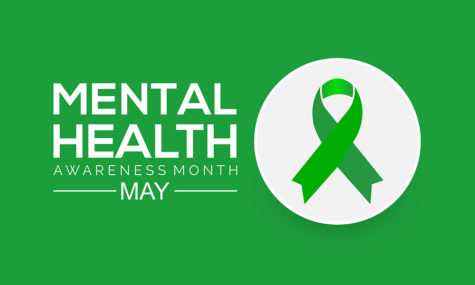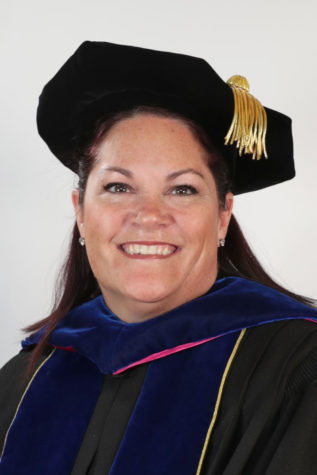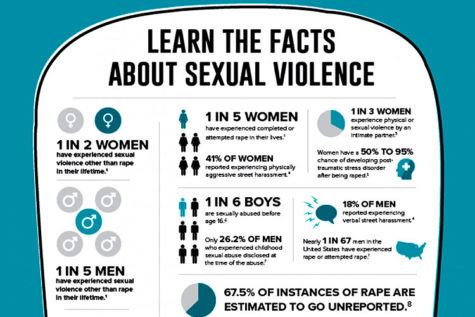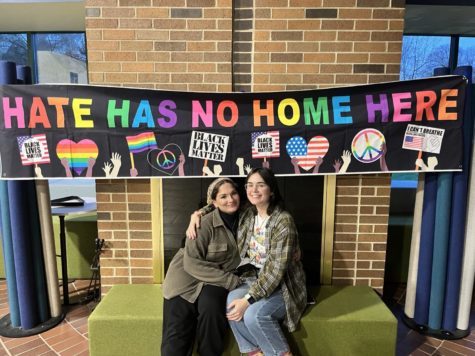Hurst Class Catalog: Relationship Psychology
March 27, 2022
Calling all psychology majors and minors, or students looking to fulfill their psychology REACH requirement. Have you heard of PSYCH 234: Relationship Psychology? This class truly dives deeply into what long-term committed romantic relationships are, what they look like, the science behind them and more.
This course outlines topics such as how societal trends impact relationships; attraction biases, beliefs and myths about relationships; communication; factors that make relationships last; friendship; love; sexuality; stresses; conflict; power and violence; and breakups and divorce. Relationship Psychology helps to define common themes that link all successful relationships, no matter what the relationship is, whether it be a parent and child, friend, co-worker, peer, or another form of relationship. The material presented in this class is highly applicable to all students in their current and future relationships as well as reflecting on past relationships.
The fact that this class can have an impact on students’ lives is part of what makes this class truly unique. Essentially everyone is experiencing some sort of interpersonal relationship challenge, but college students tend to have more of this interpersonal relationship stress more frequently which is why this class can be so beneficial to students even if they are just taking the class as a REACH requirement. Students are taught how to understand relationship dynamics within their own relationships as well as relationships beyond their own personal experiences.
Relationship Psychology is taught by Melissa Heerboth, Ph.D., Associate Professor of Psychology who has been working at Mercyhurst for the past fourteen years. She grew up in Boston and went to college and graduate school in New Hampshire. She is currently married to a chemistry professor who teaches at Gannon and together they have two black cats named Poppy and Griffin.
One of the projects within the course that Heerboth likes to highlight is an assignment where students are instructed to go to a bookstore and analyze the advice that books offer to readers about relationships in retrospect to the course’s textbook.
“I like this exercise because it demonstrates that we are surrounded by people spouting off info about relationships, but so little of it is based on evidence,” Heerboth said. “There’s a real risk of listening to people who don’t know what they’re talking about. There’s a book out there called ‘Men Love Bitches.’ I haven’t read it, but I can’t imagine it’s setting people up for success.”
Relationship Psychology not only offers students information, but also allows them a space to privately self-reflect to expand their understanding of general human relationships and the science behind them. “I tell my students that if they get through the course without encountering some material that just breaks their heart or is really difficult, personally, to process, they’re probably not reflecting hard enough. I have those experiences still and I’ve been teaching the course for many years.” Heerboth said.
Relationship Psychology will push you outside of your comfort zone as a means for personal growth. This course isn’t offered every semester so be sure to keep a lookout for it when scheduling your upcoming semesters!







